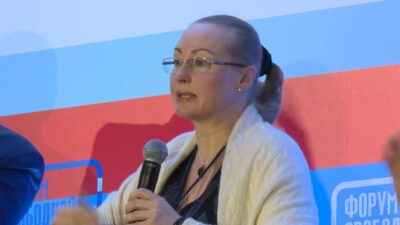European Union foreign-policy chief Josep Borrell has said that relations between the European Union and Russia are “at a crossroads” following a visit to Moscow that the diplomat described as “very complicated.”
In a blog post on February 7, Borrell said that an “aggressively-staged press conference and the expulsion of three EU diplomats during my visit indicate that the Russian authorities did not want to seize this opportunity to have a more constructive dialogue with the EU.”
During a press event with Borrell on February 5, Russian Foreign Minister Sergei Lavrov called the EU an “unreliable partner.” Shortly afterward, Moscow announced that diplomats from Sweden, Poland, and Germany had been expelled for purportedly participating in a protest to support jailed opposition politician Aleksei Navalny on January 23.
All three governments denied that their diplomats had participated in the demonstration.
In addition to the Navalny case, relations between Moscow and the EU have been sorely strained by Russia’s 2014 annexation of the Ukrainian region of Crimea and its support for separatist formations waging a war against Kyiv in parts of eastern Ukraine, the EU’s rejection of a disputed presidential election in Belarus and its criticism of a brutal crackdown by the government of strongman Alyaksandr Lukashenka, and other issues.
Borrell called on the EU to “reflect carefully on the direction we want to give to our relations with Russia and proceed in a united manner with determination.”
He added that the visit had “confirmed that Europe and Russia are drifting apart.”
“It seems that Russia is progressively disconnecting itself from Europe and looking at democratic values as an existential threat,” Borrell wrote.
Borrell said that during their “review of our troubled neighborhood,” “Russia and the European Union remain more often than not at odds.”
The EU’s top diplomat added that the bloc’s next steps could include further sanctions against Moscow.
“We also have another tool in this respect, thanks to the recently approved EU human rights sanctions regime,” he wrote.



